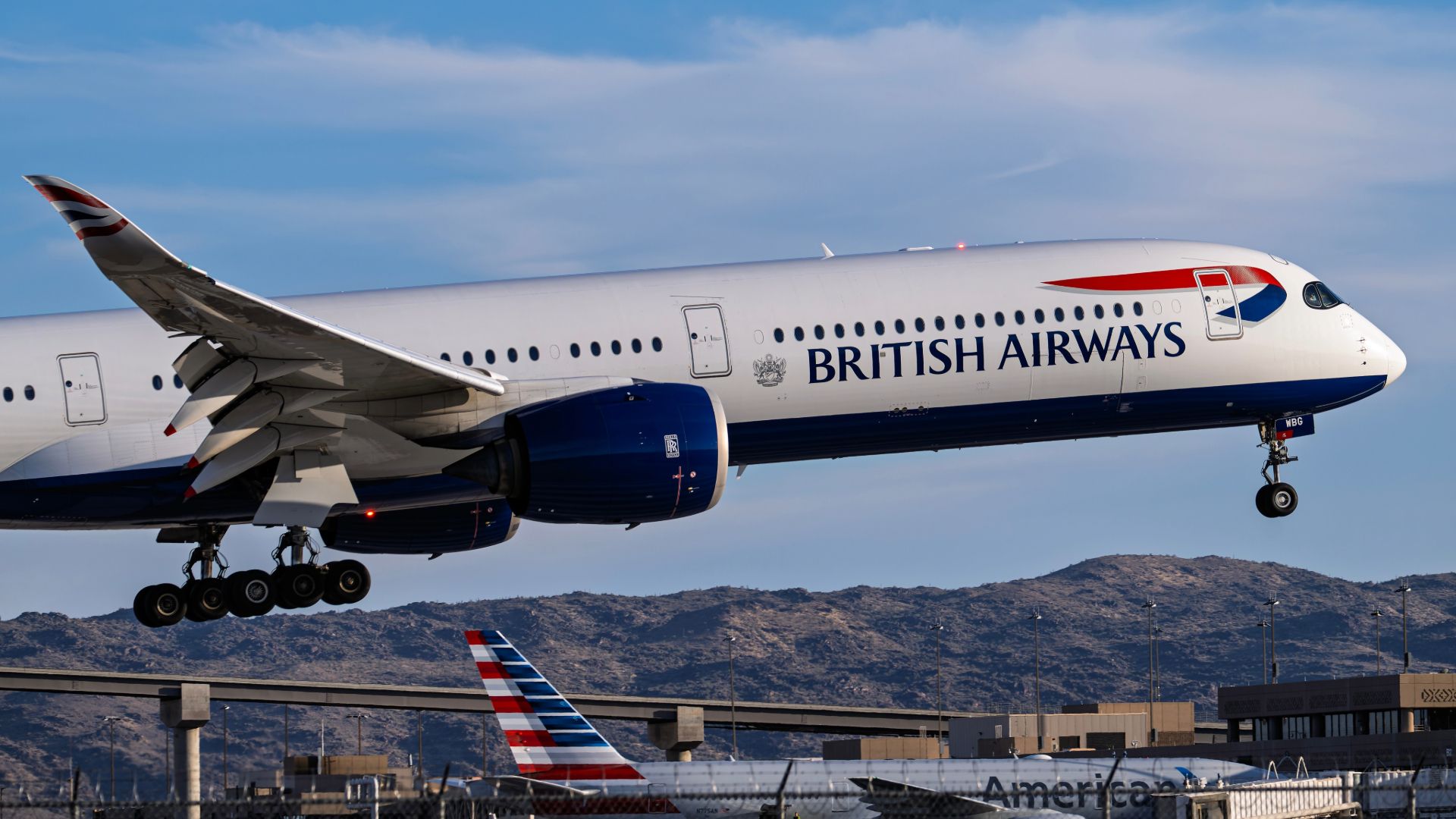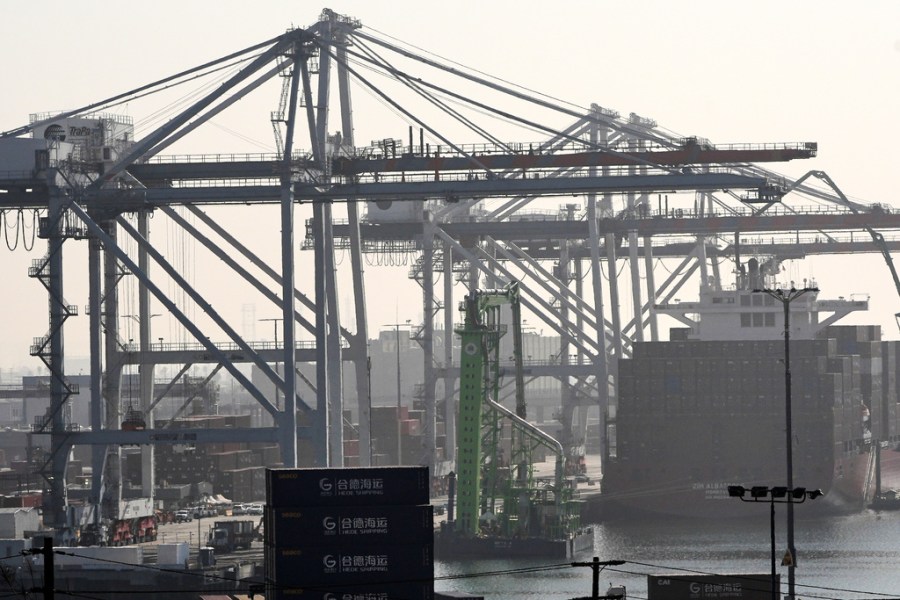British Airways is set to enhance its transatlantic operations by expanding the deployment of the Airbus A350-1000 on its US routes starting in 2026. This strategic move aligns with the airline’s goal of modernizing its fleet and optimizing long-haul services, as the A350-1000 has become a key component of its widebody aircraft lineup since its introduction.
The airline first announced plans to acquire the Airbus A350-1000 in 2013, ordering 18 aircraft with options for an additional 18. These jets were primarily intended to replace the aging Boeing 747s and some older Boeing 767s and 777s in the fleet. British Airways received its first A350-1000 in July 2019 and has since integrated all 18 aircraft into its operations, regularly deploying them on significant routes across the Atlantic as well as to destinations in the Middle East, India, Africa, and Asia.
New Routes and Seasonal Adjustments
According to data from aviation analytics provider Cirium, British Airways has scheduled over 9,000 A350-1000 flights to various locations across Asia this year, including major cities such as Tokyo Haneda, Hong Kong, Mumbai, and Delhi. In addition to these Asian routes, the airline will operate long-haul flights to cities such as São Paulo, Buenos Aires, Rio de Janeiro, Cape Town, Nairobi, Accra, Vancouver, and Toronto.
The A350-1000 has been part of British Airways’ US network since its introduction and will see further expansion in 2026. Currently, the aircraft operates on routes to Denver, Washington Dulles, Las Vegas, Orlando, Philadelphia, San Diego, and Phoenix. Starting from March 29, 2026, the airline plans to introduce the A350-1000 on its daily service between London Heathrow and Nashville, which is currently served by the Boeing 777-200ER. This change coincides with the start of the summer season and reflects the airline’s ongoing efforts to optimize its transatlantic schedule.
Overall, Cirium’s published schedule indicates that the A350-1000 will operate on eight US routes in total, with some routes seeing year-round deployment while others will be adjusted seasonally. The A350-1000 has been a significant player in British Airways’ operations to the United States since its initial deployment in 2019, marking a new chapter in the airline’s long-haul strategy.
Modernizing the Fleet and Enhancing Passenger Experience
The integration of the Airbus A350-1000 into British Airways’ fleet represents a significant step in its modernization efforts. The aircraft, known for its fuel efficiency and passenger comfort, offers a 25% reduction in fuel burn and operating costs compared to older models, along with a 40% smaller noise footprint. These features enable British Airways to operate more sustainably while maintaining a competitive edge in long-haul travel.
The A350-1000 also debuted British Airways’ latest Club Suite business class, which includes direct aisle access, a privacy door, and a fully flat 79-inch bed. Each aircraft is configured with three classes, comprising 56 Club Suites, 56 World Traveller Plus seats, and 219 World Traveller seats. This configuration allows the airline to deliver a premium travel experience on long-haul routes across Asia, Africa, and the Americas.
Since its introduction, the A350-1000 has served multiple major cities in the United States. The first scheduled service to the US occurred in March 2020 between London Heathrow and Washington Dulles. By July 2020, the airline expanded its operations to include Boston and later added Chicago to its network. The aircraft has also been deployed on other key US routes, including Los Angeles, New York JFK, Atlanta, and Miami.
For the remainder of 2025, British Airways will operate over 300 A350-1000 flights to the United States, including daily departures to Las Vegas, Phoenix, Austin, and Philadelphia. Additionally, the airline will replace the Airbus A380 with the A350-1000 on its Dallas/Fort Worth service starting October 26, 2025, while transitioning the Denver route to Boeing 777 operations for the season.
In summary, British Airways’ commitment to expanding its A350-1000 operations reflects its strategy to modernize its fleet and enhance passenger experience. With significant updates planned for 2026, the airline is positioning itself for increased competitiveness in the long-haul travel market.







